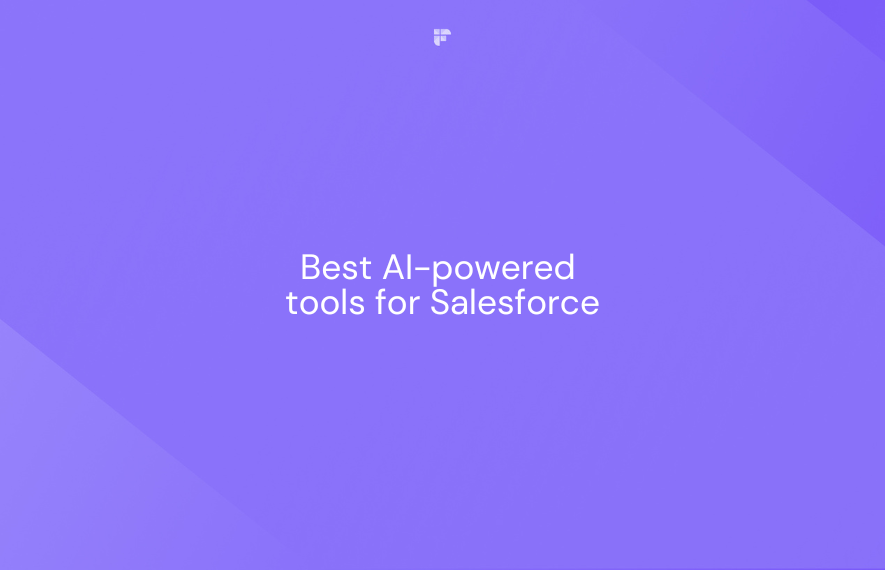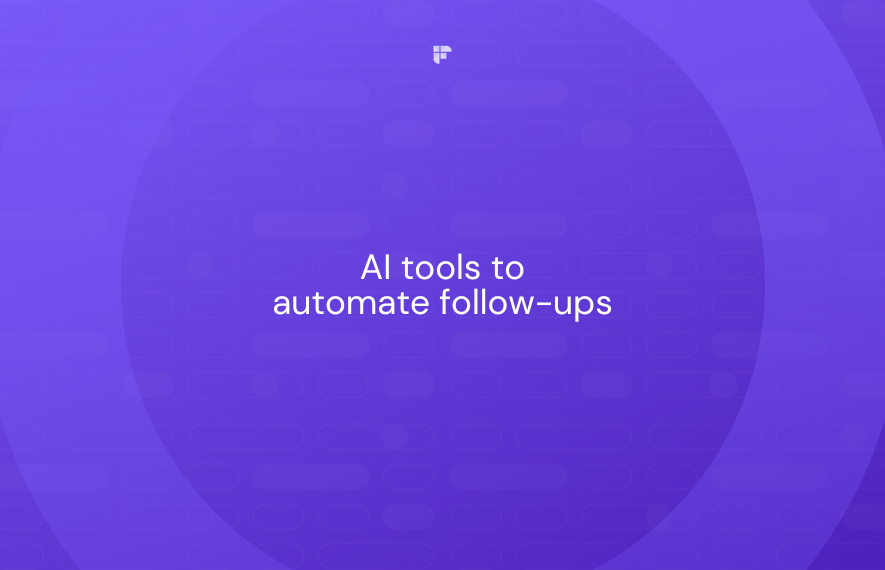A simple command of ‘Hey Siri’ or ‘Hey Google’ can help you achieve a plethora of tasks. Want to check out what’s going on around you? Siri will do it for you. Feel like checking your emails? Your AI assistant has got it.
The transportation sector has started building Self Driving Cars after the huge success witnessed by Elon Musk’s Tesla line-up. All this is possible because Artificial Intelligence (AI) can make complex decisions and keeps learning constantly to get better every day.
As per the Global Artificial Intelligence Market Outlook Report, the artificial intelligence market is expected to reach $300.26 billion by 2026, up from $15.70 billion in 2017.Google Assistant Devices, Amazon Alexa, Apple’s Siri, Microsoft Cortana are the most commonly known AI assistants and their usage is being pushed very aggressively into every household and handheld device possible. Businesses are also depending a lot on the services of AI assistants such as Fireflies, Fyle, DataBot, Hound etc.
It’s clear that the market of Artificial Intelligence and AI Assistant is growing rapidly and it’s here to stay. AI assistants can do our day to day work seamlessly and quickly with just one voice command.
What is an AI Assistant?
An AI Assistant is a program or an application that is capable of performing tasks upon receiving appropriate voice commands. Interacting with them is just like how we interact with another human being to get things done. These things usually involve tasks that require human intelligence that the AI system learns, understands contextually and improvises over time.
Simply put, we give AI assistants certain commands and they give back the output with the results instantly.
The best part about AI Assistant is that it gets better with time and improves itself with every interaction. It can even remember details about your preference for different tasks.
Now, how does a voice assistant work? We can understand that by looking at how we interact with Google Assistant or Siri. We trigger the application on the phone or the AI Assistant by giving a basic voice command for example “Hey Google, What’s the Height of Eiffel Tower” as input.
Just after we input the voice command to our AI Assistant, it uses the Natural Language Processing (NLP) to understand the voice command along with the context. It will use that information to process data, search for relevant information and output the result in audio as well as visually on the screen.
All this happens just as we talk to a normal person.
Now imagine the same context in a business scenario. We have an AI Assistant built and integrated for business with all the data fed to it. We can ask tons of meaningful questions and get things done that would otherwise require hours to manually generate and compare multiple reports.
We can simply ask the AI Assistant to “perform a cost-benefit analysis of every product of the business” and have the result instantly.
As the ability of Natural Language Processing (NLP) and voice recognition will advance, the capability of AI Assistants to perform requests and answer queries will also improve.
The biggest advantage of AI Assistant over basic assistant is that it uses Artificial Intelligence coupled with Machine learning. This means it learns as you use it and the models get more accurate over time, hence the high result quality.
How can Artificial Intelligence Transform Businesses?
Now that we understand the basics of AI assistants and how they work, let’s have a look at their application in a real-world business scenario.
As per a report by PricewaterhouseCoopers (PwC), we can see a potential contribution of $15.7 trillion and a 26% boost in GDP for local economies from AI by 2030. China (26% boost) and North America (14.5% boost) will gain the highest economic gains from AI which is almost 70% of the global economic impact.
Artificial Intelligence is capable of transforming businesses due to its ability to perform tasks in every industry.
Here is how AI can be used in businesses and help them grow exponentially.
1. Processes can be automated
Under process automation, AI can read data from different departments, collect data, update sheets and extract information through Natural Language Processing automatically. It can rapidly improve the speed at which we operate daily.
Sending a simple email to the AI Assistant can perform every single task related to that data automatically, allowing you to move to the next task. This will significantly improve the current workflow of businesses and keep the data centralized and organized at the same time.
Useful Tools: TestCraft, Selenium, Applitools
2. Touchpoints, where customers interact with the business, can be improved
Any time a customer calls or interacts via live chat, they can interact with an AI assistant that can take queries from thousands of customers at the same time and provide them with relevant data like order tracking details, the current status of the ticket and if needed can forward to the actual person if that requires human intervention. Imagine the customer base business can handle much efficiently.
Useful Tools: chatbot, DigitalGenius, Emotion AI
3. AI can be used to improve the social media presence of a business.
AI can constantly monitor the business’ social media channels and help with relevant topics that can resonate with the audience. It can also help in improving the engagement with the audience.
Useful Tools: Linkfluence, Lately, Sprout Social
4. Transcribing meetings via AI is being rapidly adopted by businesses nowadays
To ensure that the key talking points do not go missing during meetings, a lot of companies these days are seeking the help of AI assistants. All you have to do is invite them on the meeting calendar and they will record and transcribe the meetings for you. You can revisit the meeting notes and seek relevant information anytime you want to.
Useful Tools: FireFlies, JulieDesk, Hendrix.ai
5. Voice commerce is going to replace e-commerce
Amazon has benefited hugely from its AI Assistant Alexa, as customers are using it to search for and buy products by giving voice commands. It is estimated that voice commerce will hit a staggering $40 billion + across US and UK by 2022. The ease of placing orders securely via AI assistants has made customers put their trust in voice commerce.
But the products being bought via AI assistants are usually low value items and are bought as one-time purchases. But as more people will start putting their trust in the voice enabled devices, more e-commerce companies will flock over to this option of online purchases.
AI is going to truly change the way people shop today.
Examples, Starbucks, Dunkin' Donuts and Domino's allow people to place orders vocally. Mozilla’s Project Scout is another example.
6. Companies can use AI to make complex decisions
These decisions include warehouse automation, deciding the fastest route for supply chain or logistics, supply chain optimization etc. Even delivering goods via Drone is possible because of AI that can help in the optimization. Fehr and peers is a pioneer in drone delivery using AI.
7. Data analysis using AI
AI can give us meaningful data in just a few voice commands that would otherwise require a team to work on just collecting the data and preparing a report. People at different levels in the organization might not be data wizards but they can simply ask AI assistants the data they need.
The sales team can take historical data and analyze it to refine the strategy. The social media team can take data to see the social impact. All this is possible because of a single AI Assistant that can satisfy all kinds of needs across the business.
Useful Tools: Ludwig, KNIME, MLFlow
8. Businesses can make much better strategies that are backed by numbers
AI can do the maths for us by crunching out the historical data and predictive models which can help us understand in the long run what strategy is working for us all. Departments can continually check what strategies to keep, dismiss or refine.
Useful Tools: Hadoop, Spark, Rainbird
9. AI can help manage bigger teams with different operational requirements
In huge corporations managing bigger teams can be challenging and checking every single data from every single department & employee is not possible. But AI can update the status of every part of the process much efficiently.
Every department can do their best without mingling into reporting and AI can take the data to give us a better status update of work.
Useful Tools: Hubstaff, X.ai, Buffer.
10. Businesses can deliver a much-personalized User Experience for each person
Netflix uses AI to customize each thumbnail you see based on your preference it has learned over time. Spotify also uses AI to make customized suggestions/playlist exclusively for you.
Personalized user experience for each customer is only made possible through AI combining with continuous learning about the user through machine learning. Netflix's personalized recommendation engine is estimated to be worth $1 billion a year.
11. Every business needs continuity at every cost
Due to the increase in cyber threats and attacks it has become necessary to be cautious against malicious threats all the time.
While manually monitoring every single request is not possible, AI can easily process multiple requests with too many parameters, automate the security protocols, keep the servers running, take action to inform businesses to monitor and combine with machine learning more robust systems as the business grows.
Useful Tools: Intercept X, Antigena, QRadar Advisor
Conclusion
As per Juniper Research, by 2023 there are going to be over 8 billion AI assistants! This implies that the AI assistant is well past the first hurdle, awareness. It has consumers across all fields, demographics, and nationalities. A PWC report says that around 50% of the users make online purchases using the voice assistant.
But when it comes to executing complex tasks, this tech still has a lot to accomplish. The businesses need to invest big time in making AI Assistants a core part of their operations. A lot of companies still rely on methods they know and trust. For them moving on to completely utilize the potential of AI assistants is going to take more than just being aware of their existence.
For companies offering AI assistant-oriented services to their customers, gaining trust is going to be a huge task. For example, a prediction for AI assistants is that there will be massive usage in the healthcare sector.
Now the big question is how long is it going to take us to completely put our trust in AI assistants to do our “bidding’ for us?
Here at FireFlies, we have developed an AI assistant for you, Fred Fireflies, who will help you record, transcribe, and search your official calls all in one place. You can even ask Fred to pull out dates and deadlines, action items and key meeting notes.. This way no data is lost and you can keep a tab of every notable point you have had in an official meeting.








